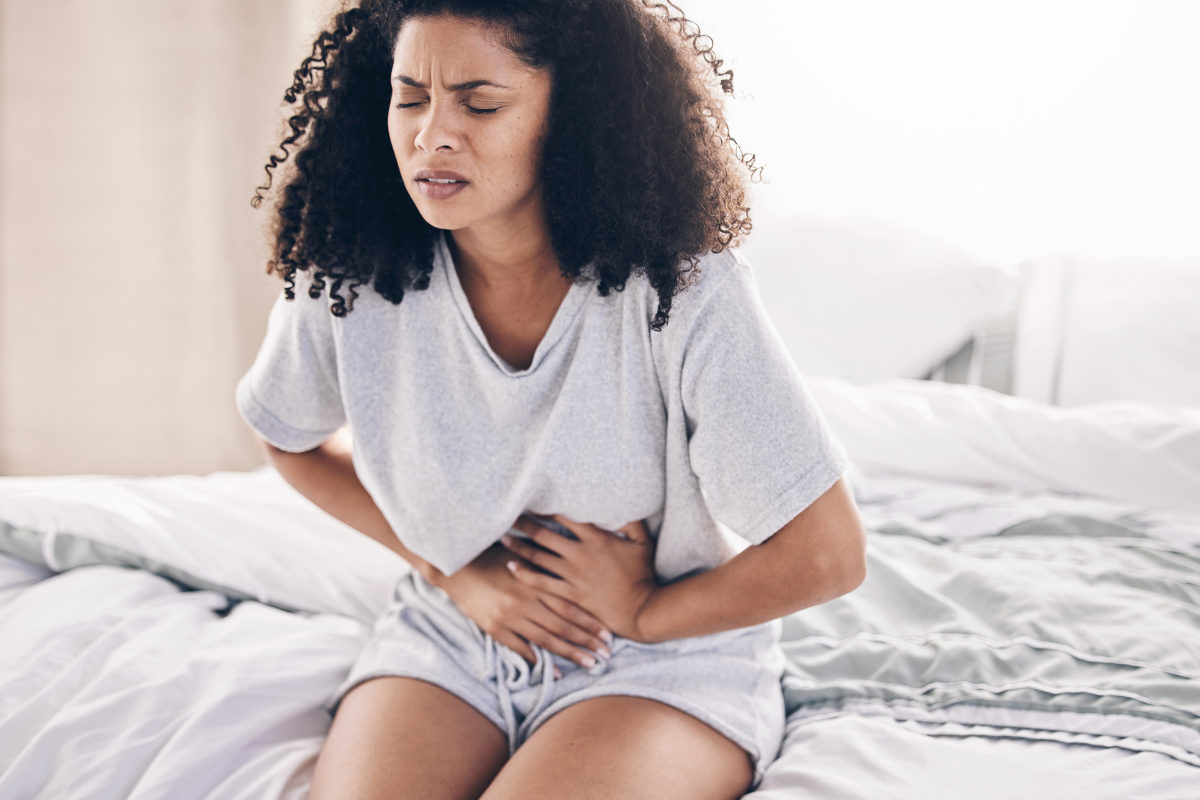
As we wrap up another year, everyone naturally starts looking to the year ahead, pondering the idea of a fresh start, probably considering what their new year’s resolutions might look like. The phrase “New Year, New You” might even pop into your head. If you are wanting to make some changes, why not start with making sure you’re taking care of your hormones?
“Your hormones are a key part of your overall health. They are your body’s chemical messengers, sending signals through your bloodstream and into your tissues. It’s important to take care of them, and to understand how your diet, exercise routine, sleep patterns, and habits can affect them. Hormones also affect so many things in your body, like growth and development, metabolism, libido, sleep cycle, and also your heart rate.”
Doctor Sarah Cadwallader, Marion Gluck Clinic.
So, if you want to spend 2023 feeling great inside and out, and you’re not quite sure how to take care of your hormones, here are some of the things we’d recommend.
Focus on your diet:
The things that you eat and drink can have a monumental impact on your hormonal balance. Different nutrients and types of food can have either a beneficial or detrimental effect on your hormones.
Organic fruits and vegetables, prebiotic (think fermented things – yoghurt, kimchi, sauerkraut) and probiotic foods, such as garlic, bananas, asparagus, leeks are great for your hormones. Another key part of your diet should be healthy fats, such as Omega-3 fatty acids. Your body can’t naturally produce these, so it’s crucial that you include them in your diet by eating things such as sardines, mackerel, salmon, chia seeds, avocados.
Cutting too many things out of your diet, or simply not eating enough, can also have a detrimental effect on your hormonal balance. Diets such as keto cut out food groups like carbohydrates due to the bad reputation they’ve gained as being ‘fattening’, but actually, they’re essential for your health! Extreme dieting can damage your endocrine system, and will not result in healthy weight loss. Instead, make sure you’re eating a balanced, nutritious diet. If you’re struggling for ideas on what to eat, check out some of our recipes!
Stay stress-free:
As you might already know, stress is one of the biggest things that can upset your hormonal balance. When your body experiences stress, a set of steroid hormones called ‘glucocorticoids’ are released. These include cortisol, which is often referred to as the ‘stress hormone’. Glucocorticoids play an important role in your body, but if you’re experiencing constant stress and thus constantly producing them, this can take a toll on your hormones and lead to health issues such as:
- Anxiety
- Depression
- Weight gain
- Heart disease
- Sleep problems
- Digestive problems.
Although it’s not always possible to control your stress levels (since external factors often apply), there are things you can do to help manage your stress. Find out what works for you – yoga, meditation, spending time with family and loved ones, getting out of the house, even seeking professional help.
Keep fit:
Regular exercise is often touted as the be all, end all solution to whatever health problem you might be experiencing. While that narrative can sometimes sound a little tired (especially if you’re not a fan of the 6am run), it’s true that exercise has a significant impact on your hormones.
Regular exercise increases dopamine levels, and physical activity releases serotonin – both of which are commonly known as the ‘happy hormones’. Regular exercise also boosts testosterone levels (for men, your muscle mass, strength, sex drive, and sperm count are all directly linked to your testosterone levels). Boosting your heart rate with some exercise each day also helps boost your oestrogen levels. Both of these have a positive impact on your hormonal balance. As a bonus, if you’re going through menopause, increasing your oestrogen through exercise can take the edge off of the symptoms.
Keep yourself well rested:
Quality rest is one of the most important things you can do to take care of your body. Sleep helps regulate your level of cortisol (often referred to as the stress hormone), and in turn, cortisol helps regulate your other hormones. Chronic sleep issues can lead to problems with your immune system, weight gain, or even memory loss.
Try and make sure you’re sleeping between 7-9 hours a night, and try to avoid screens for around an hour before bed, as the blue light produced by phones and computers can affect your melatonin levels (melatonin is often referred to as the ‘sleep hormone’) and damage your sleep cycle, which can in turn affect your hormonal balance.
Bioidentical Hormone Therapy:
Finally, if you’ve tried the steps above and you’re not feeling a difference, or if you suspect that you might have a hormone issue, it might be time to consider hormone treatment. Hormone therapy can be extremely beneficial in not only relieving symptoms of a hormone imbalance, but correcting the imbalance itself, and getting you feeling back to normal again.
Our bioidentical hormone replacement therapy (BHRT) uses hormones that have an identical chemical structure to the ones that your body naturally produces (which is different from the synthetic hormones that are traditionally used in hormone replacement therapy). Before starting treatment, you’ll undergo a full consultation by our team, so that we can provide a bespoke treatment plan that will work for you.
Start your hormone therapy journey:
If you’re interested in BHRT, or you’d like an expert’s opinion on how to look after your hormones in 2023, please don’t hesitate to get in touch with us. Our friendly, specialist team is on hand to help, and we can book you into a consultation straight away.




